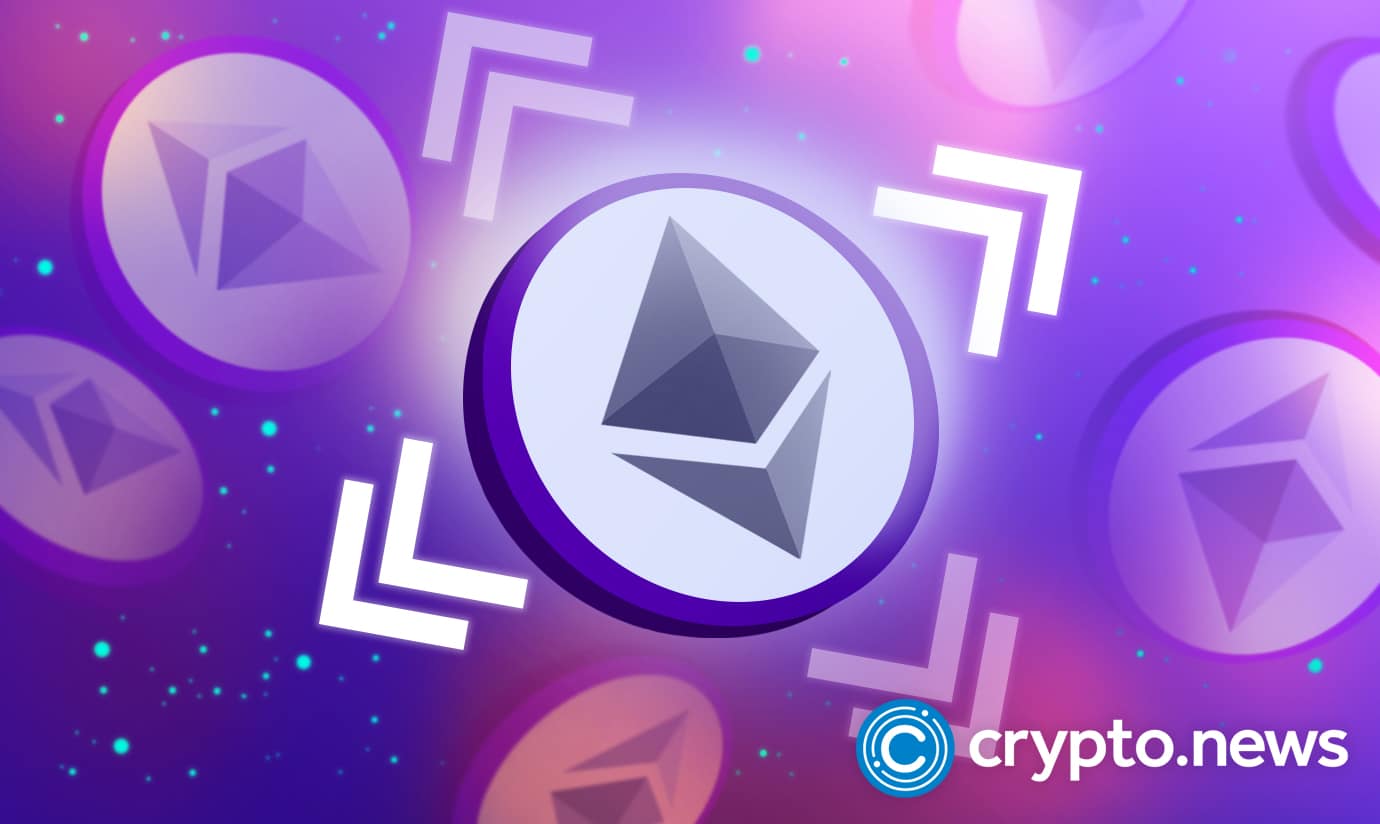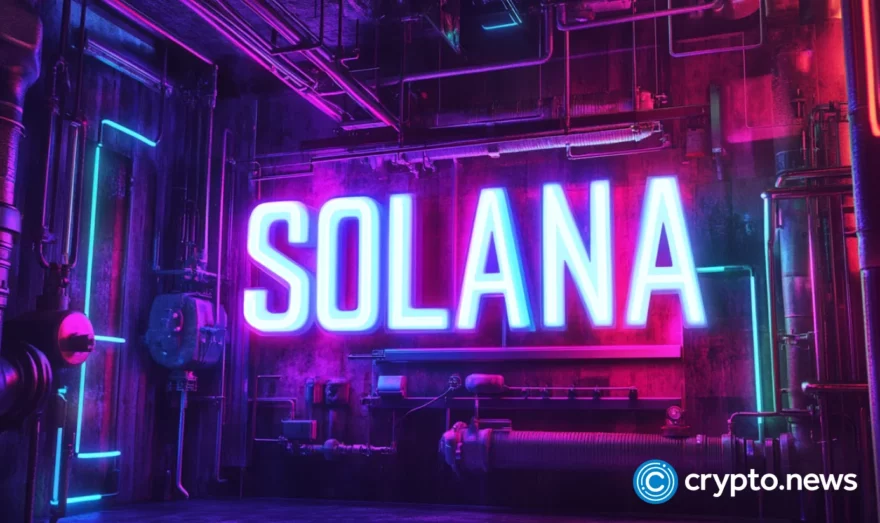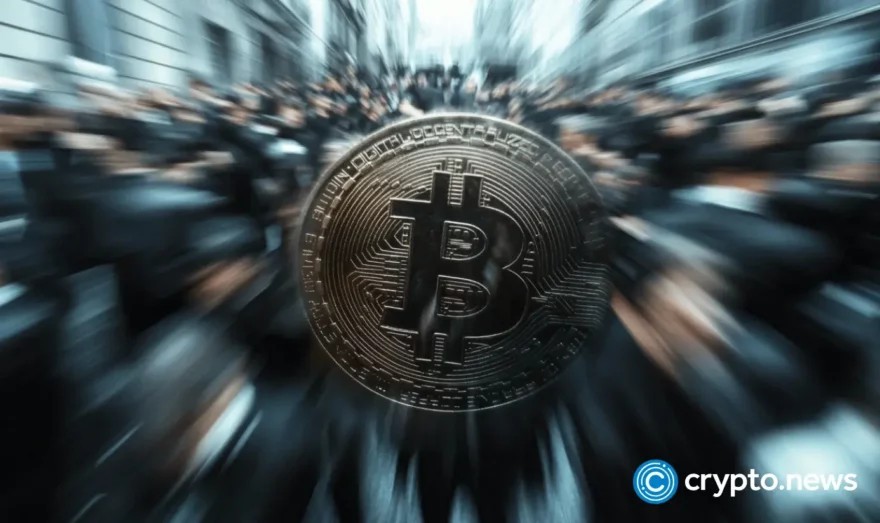Scaling Solutions Emerge as Ethereum Gas Fees Remain High

Scalability problems have plagued the Ethereum network for years, and over the last 12 months the issue has become critical as the value of its native token ETH soars.
Ethereum has come a long way and these days supports thousands of applications, including DeFi apps, NFTs, Game-Fi and more. The network is used to settle billions of dollars’ worth of transactions each year, and it’s estimated there’s around $170 billion in total value locked on the platform.
But as Ethereum grows, so do its problems. The decentralized design of Ethereum may be one of its biggest attractions, but it also limits how many transactions can be processed. At present, the network supports just 15 transactions per second. The popularity of Ethereum exceeds that by far, however, meaning users have to ensure long wait times and high gas fees for each transaction, with some reports of people paying upwards of $200 in gas.
Such high costs mean that many users are being priced out of NFTs and DeFi. Many have responded by fleeing to other Layer 1 blockchains with lower costs, such as Avalanche and Solana.
If Ethereum is to continue growing and hold onto its crown as the king of smart contract platforms, a scaling solution is desperately needed. Luckily, such a solution looks ready to roll out.
Rollup, Rollup, we’ve found a solution
One of the most interesting Ethereum scaling solutions to emerge is the idea of “Rollups”. At present, Ethereum transactions are performed using all of the computational data that’s needed to interact with a smart contract. This results in a lot of data being processed, leading to slower transaction speeds and more expensive fees.
With Rollups, the computational data is effectively outsourced somewhere else, with validity proofs being sent back to the Ethereum mainnet, significantly reducing the data it needs to crunch to validate a transaction. This saves on block space, meaning more transactions can be performed in each one. That’s a good thing because the gas fee is split between each transaction on one block – so if we can squeeze more in, it means the gas fee is shared between a greater number of users.
There are two kinds of Rollup. The first are Optimistic Rollups, which make the assumption that transactions sent back to the mainnet are legitimate. So transactions will only ever be rejected if someone watching them is able to submit proof that it is fraudulent.
ZK-Rollups are different, as they generate cryptographic proof that each transaction is legitimate. So, a transaction will only ever be approved once the cryptographic proof has been validated.
At present, Optimistic Rollups are more popular. That’s probably because it’s easier to build applications with them. They support smart contracts right out of the box and apps can be coded using Ethereum’s native language Solidity. The Arbitrum platform, which uses Optimistic Rollups to settle transactions outside of the main Ethereum Network, has more than $2.5 billion of total value locked in DeFi apps using its architecture.
Despite their popularity, Optimistic Rollups also suffer from efficiency problems. The main issue is that each transaction is subject to a dispute period of up to one week. This can be a major inconvenience for anyone whose legitimate transaction is flagged. That said, transactions that aren’t flagged are typically processed in seconds at minimal cost in gas fees.
ZK-Rollups avoid this danger of being flagged because their validity proof accompanies every single transaction. The downside is it’s more difficult to build applications with them. They do, however, offer a second advantage. ZK-Rollups have a feature known as “validity proof amortization”, wherein it’s possible to bundle an almost infinite number of transactions together, meaning Gas fees can potentially be reduced to a fraction of what they are today.
Two kinds of ZK-Rollup
The issue of Rollups becomes further complicated by the fact there are two competing versions of ZK-Rollups – those that use zkSNARKS (zero knowledge succinct non-interactive arguments of knowledge), and those that rely on zkSTARKS (zero knowledge scalable transparent arguments of knowledge).
zkSNARKs were first developed back in 2016 by the privacy-focused cryptocurrency Zcash. They have the advantage of smaller proof sizes than zkSTARKs, meaning transactions are verified faster and with lower fees. On the downside, they require an initial creation event of the cryptographic keys used to create transaction proof. Those keys must then be destroyed, or else they could be used to create new tokens and falsify transactions.
One of the most widely used zkSNARKs is the zkSync project developed by Matter Labs, which was launched in June 2020 and has promised to achieve up to 2,000 transactions per second.
As for zkSTARKs, these provide an advantage due to their use of hash functions, which means no trusted setup is required. Theoretically then, zkSTARKs should be more secure than zkSTARKs.
Immutable X has used zkSTARKs as the basis of its layer-2 scaling solution for Ethereum-based NFTs. It combines the exchange and proof logic of NFTs with zkSTARK Rollups based on the StarkWare execution platform.
With it, Immutable X is aiming to make NFTs more appealing to the gaming economy and grow the emerging GameFi industry that allows players to “play-to-earn” by winning NFT rewards in games, then selling them for cryptocurrency. Immutable X claims it can process 9,000 transactions per second, meaning it’s possible to mint NFTs and trade them on multiple platforms rapidly and with minimal costs.
Immutable X Co-Founder and President Robbie Ferguson recently told Forbes this won’t just be something that’s nice to have, but rather, an absolutely essential must-have if the GameFi industry is to ever take off..
“The moment we have a major game studio go all in on NFTs, they’ll swamp the rest of NFT transaction volume combined, so it’s essential to have a solution which costs precisely zero in gas for creation or trade of these assets,” he said.
Whichever solution emerges as the most popular, one thing is clear. Zk-Rollups promise to transform the Ethereum ecosystem for the better, reducing transaction speeds and costs by outsourcing them from the mainnet to Layer-2 networks. In other words, ZK-Rollups may well be the missing piece of the puzzle that allows Ethereum to finally live up to its promise of a decentralized, secure and scalable blockchain network for all.













